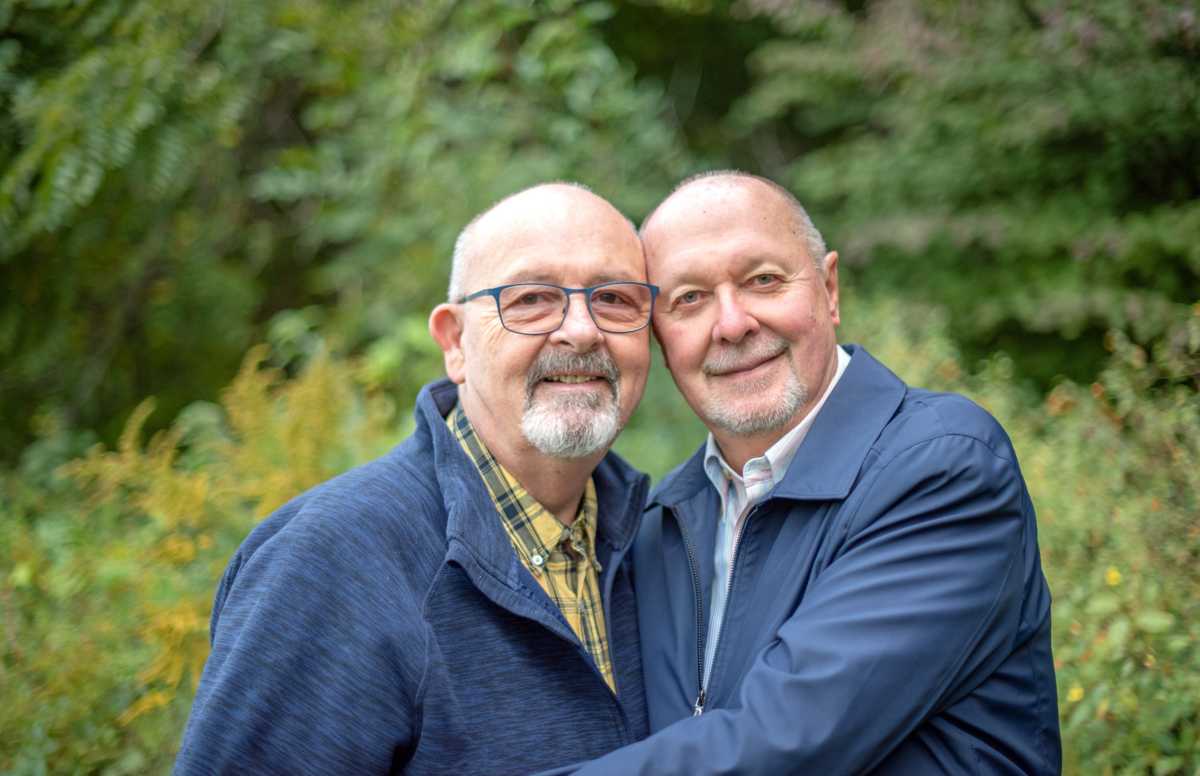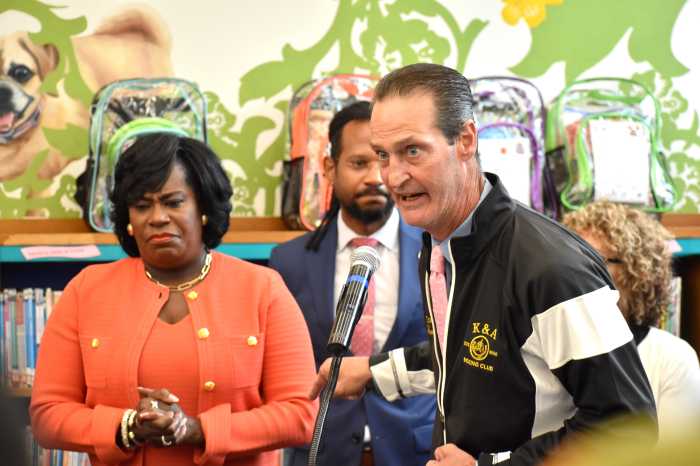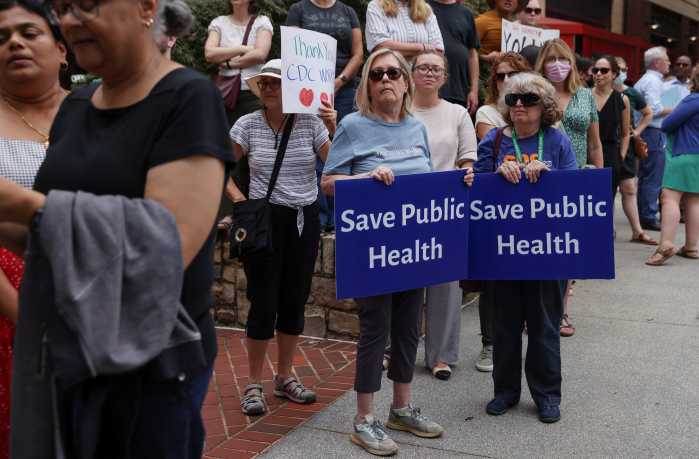The Philadelphia Area Sexual Health Initiative (PASHI), a Public Health Management Corporation program, has a new health initiative for elders.
The LGBTQ 50+ Sexuality Project assess needs through a community-based survey to gather data on the sexual health and education needs of LGBTQ+ older adults. Once the data is collected and analyzed, PASHI and the LGBTQ 50+ Sexuality Project develop necessary programming and enact care.
Initially developed by PASHI’s Program Director Lee Carson in 2021 with its earliest funding from the Delaware Valley Legacy Fund and the Dr. Magnus Hirschfeld Fund, the program is co-sponsored by Philly organizations Mazzoni Center, Bebashi, The COLOURS Organization, Philadelphia Black Pride and Resources for Human Development.
Such cross-cutting among Philly agencies is necessary when making the most of data and care for those looking for answers.
“As a 49-year-old gay man, I’m knocking on that door,” says Carson. “I have worked with needs assessments in the past – one in connection with trans and nonbinary communities in Philadelphia – to understand what healthcare was necessary, what experiences they were going through and what advocacy tools were required.
“When PASHI is doing its need assessments, there are always other organizations who can help us recruit people and vice-versa, be it financial support, or co-sponsoring programs to make sure that we all succeed,” adds Carson. “That said, as the program director at PASHI, there is little to no sexual health programming for LGBTQ people 50 years and older. There’s millions of dollars a year that gets bundled into adolescent sexual health, but few resources are available for older adults – not locally or nationally.”
With training programming in place for medical providers entitled “Bridging the Gap” — meant to build comfort between doctors and older patients regarding sexual health and activity — Carson felt the next logical step was to assess what was necessary for the community.
“There is a need for providers to feel more comfortable having discussions with older adults… and what are the sexual health educational needs that older adults have that would help them age, more comfortably into the truth of their sexuality?” asks Carson. “Sexuality changes as we age. This new project comes about then to document those changes, as well as the changes in their needs. Once we receive that information – find out what are all the most pressing issues, what does the majority of those assessed want more information about – we can begin to act. We can develop workshops, create brochures and make up whatever educational tools are necessary to fill those voids.”
Currently in the process of getting its first survey responses, PASHI’s LGBTQ 50+ Sexuality Project has already found several authentic, heartwarming responses to their questions.
“So many of those participants, so far, are delighted this is happening,” concludes Carson. “I’m hearing stories from 60-year-old gay men who state that no one has talked to them about their sexuality in ages. And now we will. That’s an itch that we’re making sure gets scratched.”
For more information and to participate in the project, email pashi@phmc.org.




























